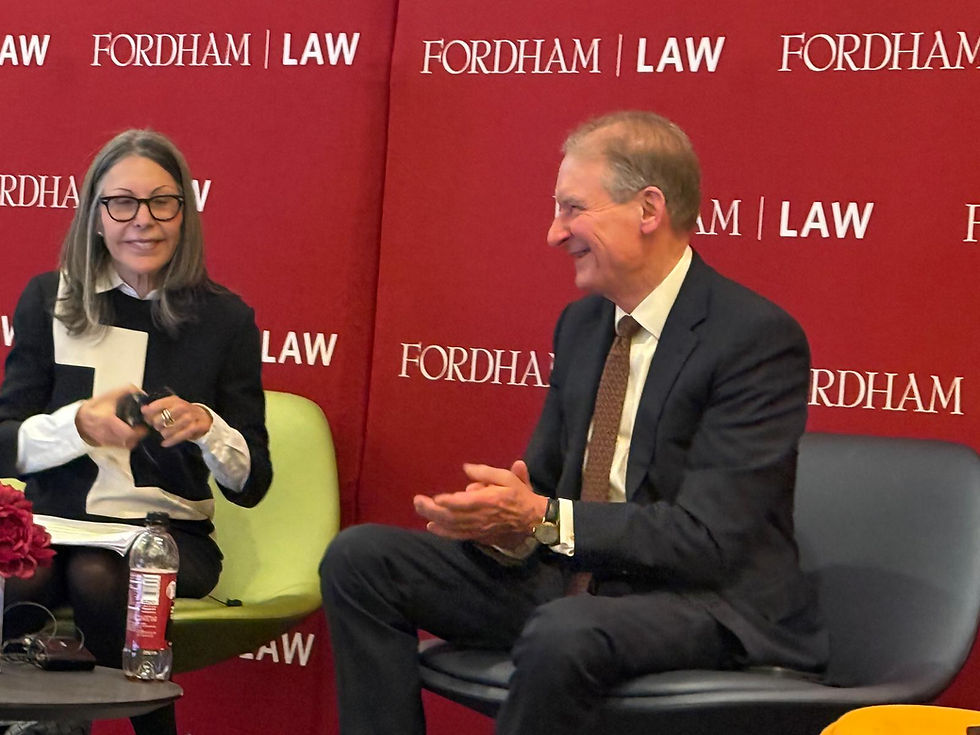From Cane to Crypto: Ripple targets sweeter future for Colombian Farmers
- E Assaf and S Pettigrove
- May 22, 2025
- 2 min read

Ripple, a global leader in enterprise blockchain and crypto solutions, has launched its second pilot in partnership with Mercy Corps Ventures, a global development and humanitarian organisation. The pilot will run in Colombia and use the XRP Ledger to improve agricultural traceability and give smallholder farmers better access to finance through blockchain-backed data and deferred payment options.
This initiative is part of Ripple and Mercy Corps’ “Unlocking Opportunity” program, which aims to support emerging market entrepreneurs and small-medium enterprises (SMEs) by building solutions for financial resilience through blockchain and fintech innovation.
Ripple’s contribution includes both technical and financial support, leveraging the XRP Ledger (XRPL) and the Ripple USD stablecoin (RLUSD). The focus of the program is on real-world use cases that promote financial inclusion, such as savings, remittances, micropayments and tokenisation of real-world assets.
Blockchain-Powered Agriculture
This pilot specifically partners with WËIA, a blockchain traceability platform built on the XRPL, to test how blockchain can improve incomes for 300 smallholder farmers in Colombia. These farmers, many of whom operate informally and lack credit histories, often struggle to access loans and expand their operations.
Ripple describes the pilot as:
a unique opportunity to demonstrate real-world applications of blockchain to improve traceability in agriculture, creating pathways for smallholder farmers to access financial services, improve livelihoods and ensure compliance with global sustainability regulations.
WËIA’s platform tracks the production of panela — a traditional unrefined cane sugar — from planting to harvest. Each step is immutably recorded on the XRPL and made accessible via QR codes, enabling verifiable sustainability claims that boost buyer confidence. The XRPL’s speed, low transaction costs and carbon-neutral design are expected to be suitable for rural and resource-constrained environments. A standout feature is the Farm Now, Pay Later model, which uses traceability data to allow farmers to access agricultural inputs without upfront costs. This enables farmers to purchase supplies when planting crops, with payments deferred until after harvest.
The pilot involves 300 farmers processing 240 tonnes of panela per month, and is testing three key hypotheses:
First, it seeks to determine whether verified sustainability claims recorded on the XRP Ledger can lead to an increase in the price of panela;
Second, it will assess whether the transparency provided by immutable blockchain records improves customer satisfaction;
Third, the pilot will evaluate whether access to reliable traceability data encourages more formal business relationships, such as farmers entering into forward contracts with corporate buyers by the end of the program.
As seen previously in Bhutan’s crypto-powered tourism payment system, this collaboration is another example of blockchain technology being used to drive financial inclusion and support sustainable economic development.
By Steven Pettigrove, Luke Misthos and Emma Assaf



